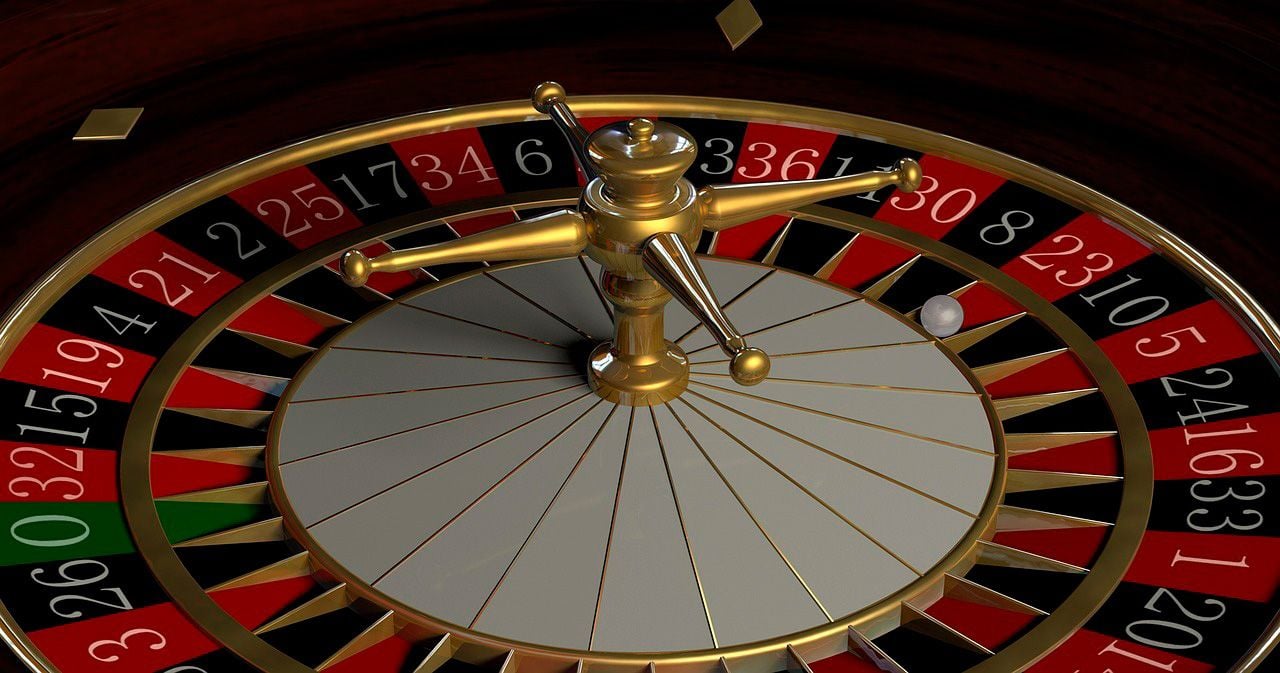
Gambling games have long captured the interest of individuals around the globe, becoming an integral part of both leisure and tradition. From the glimmering lights of Las Vegas to the immersive experience of online gaming, these activities evoke enthusiasm, uncertainty, and sometimes even a sense of sentimentality. They are not just just entertainments; they have woven themselves into the texture of human experience, influencing everything from film and melodies to fashion and literature.
The charm of casino games goes beyond the gambling aspect, tapping into larger themes of luck, risk, and psychology. As players convene around a poker table or rotate the roulette, they engage in an age-old ritual that echoes with our collective desire for thrill and unpredictability. This captivation has led to the growth of many references in cinema, music, and electronic games, showcasing how strongly entrenched these pastimes are in pop culture. Whether it is the pressure of a classic robbery film or the colorful nightlife portrayed in music videos, casino games have carved out a substantial place that reflects our bond with risk.
Social Importance of Gambling Games
Gambling activities have played a key role in social aspects throughout history. Stemming from ancient civilizations, games of chance were often linked to ceremonies or events. For example, early iterations of these activities can be traced back to ancient China and the Romans, where dice games and betting on outcomes were common pastimes. These activities not only functioned as leisure but also as methods of connecting people, facilitating relationships among people within societies.
As societies evolved, so did the sophistication and organization of casino games. The creation of official casinos in the 17th century, particularly in Italy, marked a major shift in how games were viewed and structured. With specific spaces for gaming, the casino became a social hub where patrons from different backgrounds convened. slot88 This evolution contributed to the validation of the industry, transforming it from a mere pastime into an established industry that shaped economy and policy.
The impact of gambling games on mainstream culture cannot be understated. As they were brought into the limelight in literature and movies, games such as poker and 21 became icons of risk, luck, and tactics. Famous figures and stories have developed around these games, reflecting societal views towards luck, prosperity, and immorality. This interest with gambling activities has infiltrated various forms of media, cementing their status in the collective consciousness and connecting them to broader cultural stories throughout history.
Representation of Casino Games in Media
Casino games have long been a popular theme in various forms of media, reflecting both the thrill and complexities of the world of gambling. Movies such as Ocean’s Eleven and Casino Royal portray characters who navigate high-stakes environments, showcasing not only the allure of the casino atmosphere but also the methods and decisions that come with playing popular games like poker and blackjack. These films often dramatize the thrill of winning and the potential repercussions of losing, encapsulating the risks involved in betting.
TV programs have also explored the universe of gambling activities, often integrating them into the plot as a setting for story progression and drama. Series like Vegas depict the experiences of gambling employees and casino-goers, highlighting the vibrant, often disorderly energy of the casino floor. Reality shows featuring high-stakes gambling competitions further emphasize the appeal of casino games, drawing viewers into the excitement and planning involved in each game. Through these representations, media not only amuses but also prompts conversations about fortune, expertise, and the essence of chance.
Gaming have increasingly integrated casino games into their development, allowing players to experience the feeling of gambling without financial exposure. Titles within the landscape of digital gaming often include virtual slots, online poker, and other casino favorites, creating an immersive gameplay that mirrors traditional gambling. These digital representations make gambling activities accessible to a global audience, appealing to both gamblers and those who enjoy the rush of simulation. As a consequence, the portrayal of gambling activities in entertainment continues to shape societal views and cultural relevance, highlighting their role in entertainment and culture.
Effect of Gambling Activities on Society
Casino games have a significant impact on communities, influencing various facets of societal norms and interpersonal behavior. They often function as a venue for social interaction, where people come together to enjoy a common experience. Casino trips with friends or trips to casinos become group events that foster connections and create memories. This communal aspect enhances the entertainment value of gambling activities, making them a popular choice for celebrations and leisure activities.
Moreover, casino games have been portrayed in numerous movies, television shows, and literature, influencing perceptions and opinions towards gambling and betting. Icons like James Bond competing in baccarat or the high-stakes poker scenes in films have embedded these games in the collective imagination. This representation often idealizes the lifestyle associated with casino activities, drawing in new players and impacting trends in both style and conduct. These representations can spark curiosity and lead to a deeper exploration of the intricacies of gaming.
Nonetheless, there are also negative implications linked to the widespread appeal of gambling activities. The temptation of quick monetary gain can lead to gambling addiction and economic troubles for some people. Society must grapple with these consequences, advocating for responsible gambling and awareness of the dangers involved. Finding a balance between the entertainment value of casino games with the potential for harm is vital to ensure that they remain a beneficial aspect of our cultural landscape.
